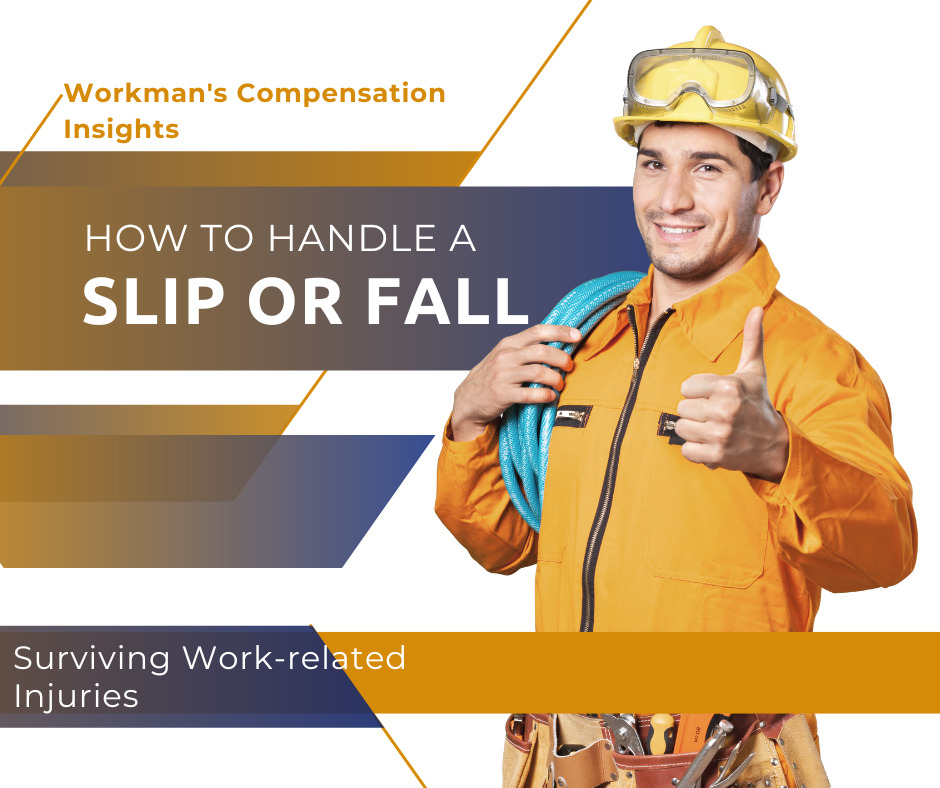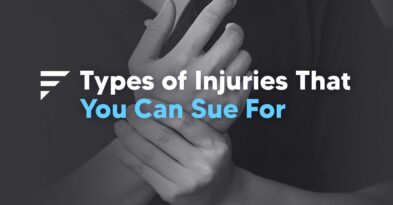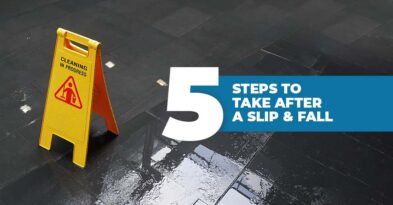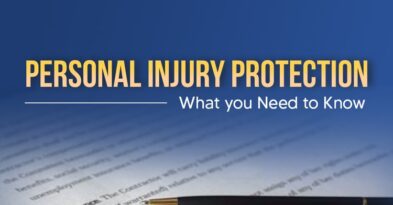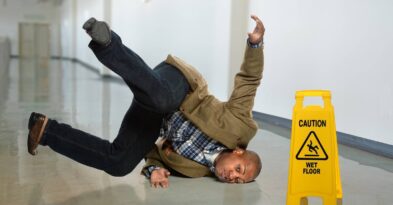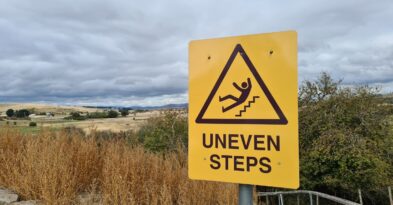WORK RELATED INJURIES: FILING YOUR CLAIMS
Slip and fall accidents in the workplace are extremely common. The U.S. Department of Labor reports that these types of accidents cause over 25 percent of work related injuries, which results in multiple days missed from work. Whether you work a job that requires you to be hands on physically, or a job sitting in a cubicle, you could be seriously injured by a workplace fall at both. If you have been injured in a slip and fall accident at your job, knowing what to do afterwards can help you maximize your workers’ compensation benefits and preserve your legal rights.
HOW WORK RELATED INJURIES CAN OCCUR
There are many factors that can contribute to a slip and fall accident in the workplace. Many times, these accidents cause sustainable injuries, but sometimes they can be fatal. Here are some of the most common ways that slips and fall accidents occur:
Frequent Spills and Poor Flooring. Wet or slippery floors are an obvious way to lead to a slip and fall accident. This is especially true in the restaurant industry where sometimes those nonslip shoes aren’t all that nonslip. The floors at your workplace can even be uneven, cracked, or ripping up just waiting for some to trip over them. Scaffolding and Ladders. If you work on scaffolding or ladders, there is a possibility you can fall from a significant height. Bad lighting or poorly maintained equipment will also increase your chances of a slip and fall. Pile ups. Maintaining a clean and organized work environment is very important. Some offices pile up boxes and supplies in the hallway because they don’t have enough storage space to store them properly. Cords or extension cables can also run along the floor, and with one misstep someone could sustain a serious injury.
All and any companies should make it a priority to ensure that the workplace is safe for their employees. Failure to do so, or address any of the issues mentioned above can cause serious injury to workers. These injuries can even leave workers bedridden without the possibility to return to work for weeks.
WHAT TO DO AFTER WORK RELATED INJURIES
If you slipped and fell at work and as a result were unable to work, you may qualify to receive workers’ compensation benefits. However, the first thing to worry about is seeking medical care. Not only is this important for your health, but also to protect your right to compensation. These medical records will link your injuries to the workplace slip and fall. Never wait and see how you are feeling because the insurance company can then say your injury did not happen at work.
After receiving medical care immediately, it is important to notify your employer of the accident. Make sure you include all the details of how you were injured and what caused the accident. This includes describing any body parts that were impacted or any pain, dizziness, or other details that indicate potential injuries from the fall. Your right to injury compensation can depend on you reporting the accident to your employer promptly.
After you have notified your employer of the accident, make sure you are given the forms and instructions so that you can file a workers’ compensation claim. It will not be enough to just simply inform your employer. You must file a worker’s compensation claim within the deadline in your deadline of your state or you risk losing the right to compensation for your injuries.
Worker’s comp wage replacement benefits are about two-thirds of your average wages for the previous 12 to 18 months. If the insurance company makes a mistake, it will not be to your benefit. An easier way to maximize your compensation is to ensure the insurance company’s calculation of your wage replacement is accurate and they came up with the right amount. You do have a right to see the amounts they used to account for your prior year’s wages too.
WORKERS’ COMPENSATION BENEFITS
Workers’ compensation benefits typically include payment of medical and therapy bills, out-of-pocket expenses, and the two-thirds of wages lost during your treatment and recovery. Workers’ compensation insurance is good for the employees in that they won’t have to prove their employer was at fault for the injury. You may even be able to qualify for benefits if the injury was your fault, just with certain limitations. If you were injured while intoxicated or committing a crime, your claim could and probably will be legitimately denied. In some states, you can even be denied if you were hurt while violating company rules. However, if you are feeling like you were unfairly denied, here is what you can do.
FILE A THIRD-PARTY INJURY LAWSUIT
You really can’t sue your employer unless they caused your injury by gross negligence, which means they did something outrageous that led to your fault. Workers can even be injured by circumstances caused by a third party. In this case, the injured worker has grounds for a personal injury claim or lawsuit against the at-fault party.
With a third-party lawsuit, you can demand compensation for:
-
All your medical bills
-
Your out-of-pocket expenses
-
Replacement service costs
-
Consortium claims by family members
-
The full amount of lost wages
-
Lost future earnings
-
An amount for your pain and suffering
With that being said, you must have proof that a party other than the employer was negligent, and the other party’s negligence is directly responsible for your injury. If you were injured due to a slip and fall accident at work and aren’t sure what you should do, call Fischetti Law Group to have all your questions answered as you may be entitled to receive workers’ compensation.
